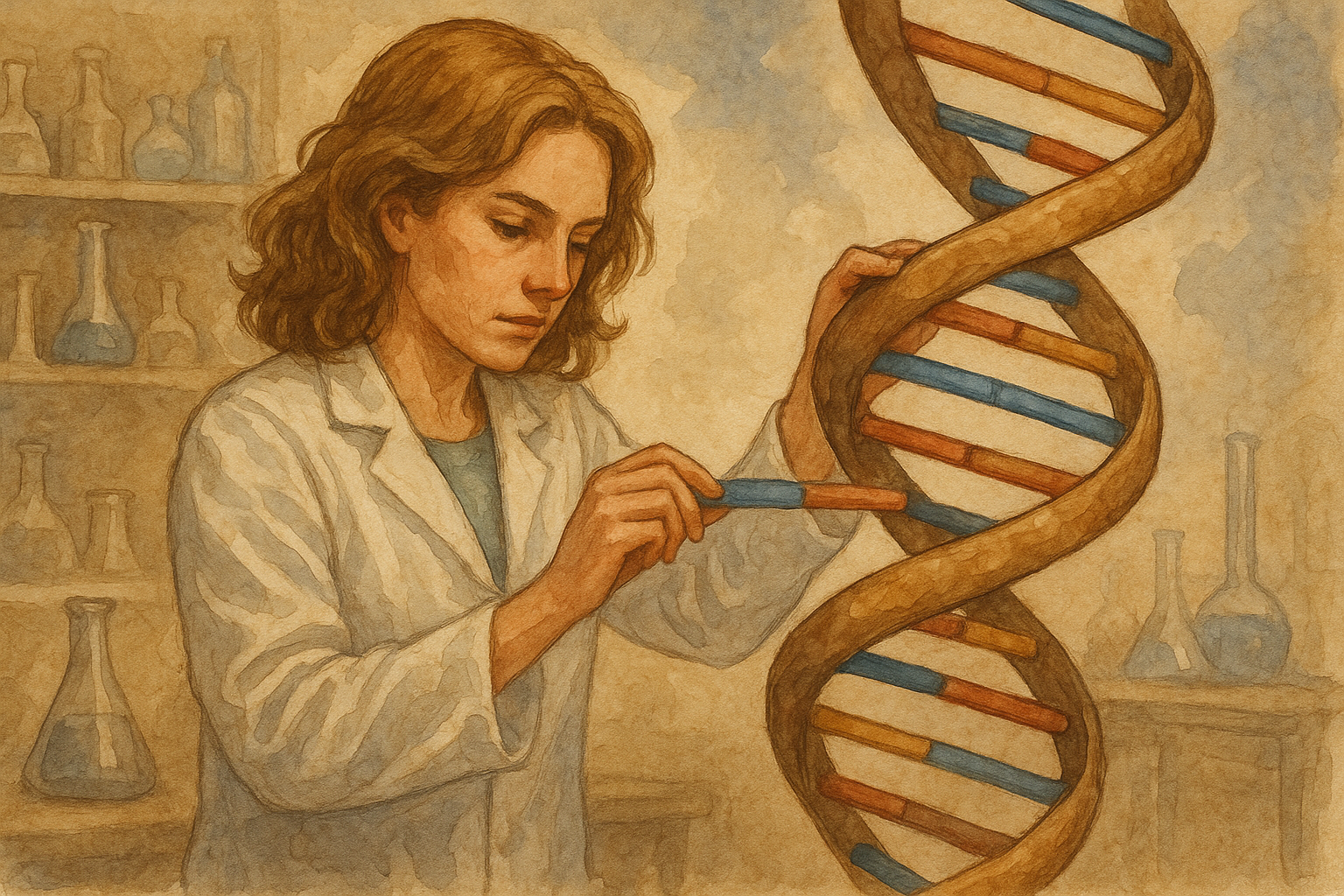British scientists will create synthetic human DNA from scratch

One of the UK’s largest charities, the Wellcome Trust, has committed £10 million to fund the world’s first project to synthetically create parts of human DNA. The program, called the Synthetic Human Genome, aims to explore the potential of genetic engineering to treat serious diseases.
A key feature of the project is the complete absence of dependence on natural samples: scientists will synthesize DNA from scratch, according to a set scheme. Dr. Julian Seil from the Laboratory of Molecular Biology in Cambridge considers this step a breakthrough and hopes that the project will help create disease-resistant cells.
In the first phase, the team will assemble long DNA fragments, aiming for the possibility of synthesizing a complete human chromosome. This will open the way to a detailed study of the mechanisms of gene function and allow testing hypotheses that cannot yet be tested on natural material.
However, the project has already sparked a wave of criticism. Bioethics experts fear that the technology could get out of control and be used by unscrupulous developers to create modified humans or biological weapons.
Some experts, including Professor Bill Earnshaw of the University of Edinburgh, emphasize that even if the project is limited to laboratory dishes today, in the future its findings could be the basis for creating living organisms based on synthetic DNA.
The possible commercialization of the results also raises questions. Who will own the rights to the synthetic organs or genetic data resulting from these developments – researchers, investors or patients?
Nevertheless, Wellcome Trust representatives say that the launch of the project is an attempt to ensure the most responsible approach to the inevitable progress in the field of synthetic biology. According to them, it is important to work out the ethical and legal implications in advance.
According to Professor Matthew Hurles, DNA synthesis will not only provide a better understanding of how the genome works, but also a platform for developing precision gene therapy. Now, this level of control over DNA has not yet been achieved in science.
Earlier similar developments were carried out at the Arc Institute. Their Evo 2 model can analyze genetic code, predict mutations and design microbial genomes, which lays the technological foundation for future bioengineering solutions.




